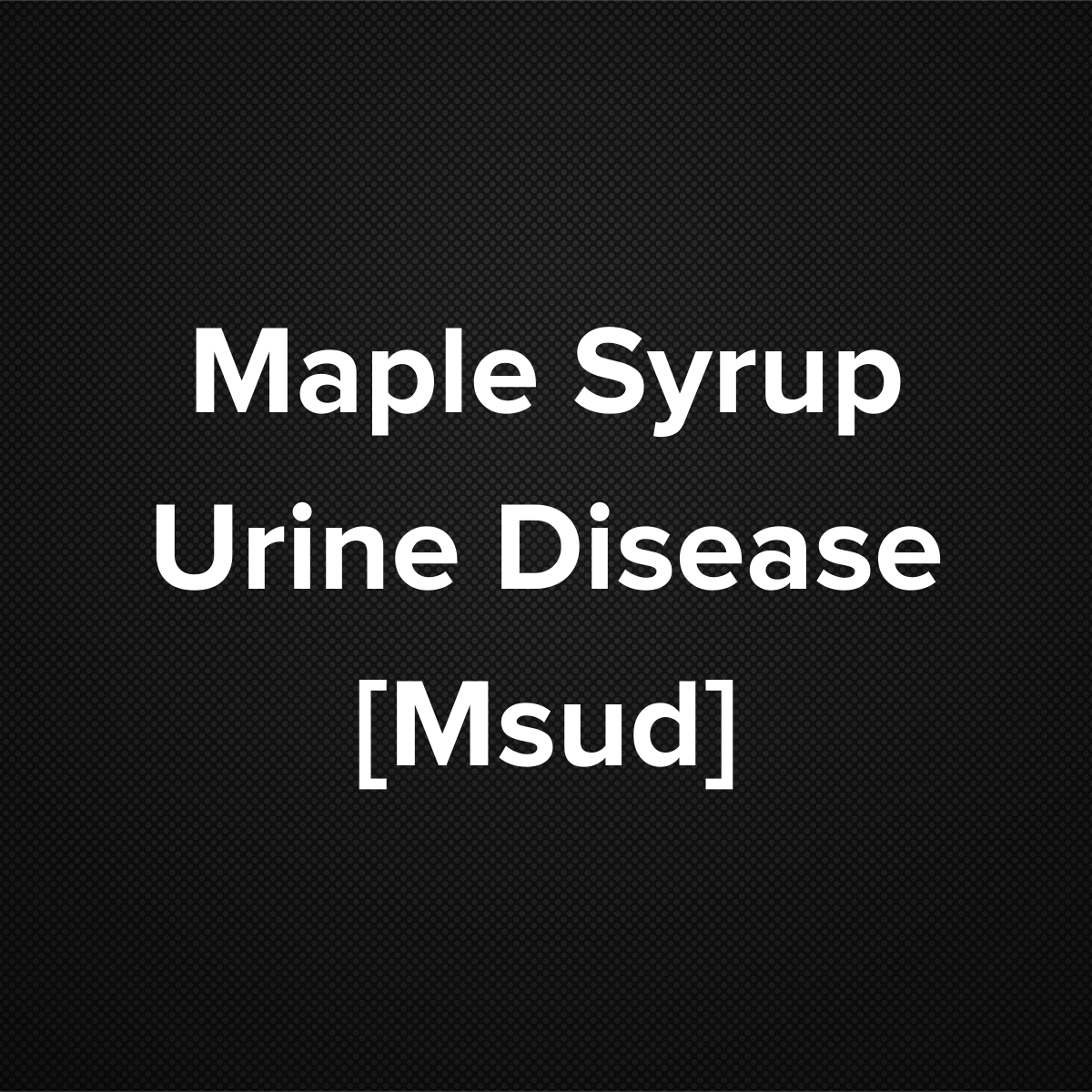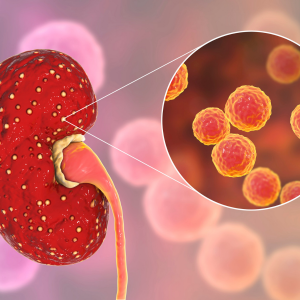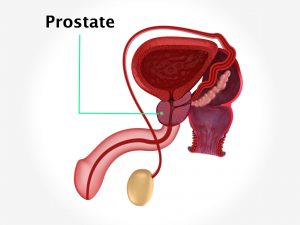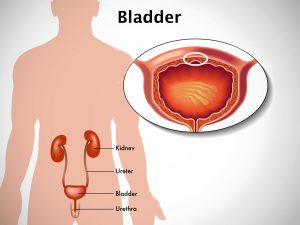Causes and risk factors
Maple syrup urine disease is caused due to mutations in the genes – branched-chain ketoacid dehydrogenase – BCKDHA, BCKDHB, DBT which leads to failure to break down amino acids such as leucine, isoleucine and valine. Maple syrup urine is classified as – Classic MSUD, intermediate MSUD, intermittent MSUD, thiamine–responsive MSUD. Classic MSUD is the most common form and life threatening. Others are less common and milder.
Clinical presentation
The disease mainly affects liver, kidneys, eyes, and brain. The symptoms of classic MSUD are – poor feeding, lethargy, high pitched cry, irritability. Irregular sleep pattern is observed. There is weight loss, vomiting, dehydration. Decreased muscle tone is seen. Cataract occurs. Sweet smelling urine, sweat, and ear wax is evident. Kidney damage may take place. Seizures, low blood sugar (hypoglycemia), ketoacidosis can occur. Liver enlargement may occur with jaundice. Coma, sometimes leading to death may occur.
Investigations
Medical history by the patient and clinical examination by the doctor helps in diagnosis. Measurement of plasma amino acids and urine for ketones is required. Routine blood tests are recommended.
Treatment
Treatment plan for a child with maple syrup urine (MSUD) disease consists of the following – The child will be given MSUD medical formula. This will ensure that the child gets all necessary nutrients necessary for the growth and development. As the child grows, he/she will be given a low protein diet. IV administration of fluids, sugar, and fats is done. Foods to avoid are cow’s milk, meat, fish, cheese, eggs, regular flour, dried beans, nuts, and peanut butter. Regular monitoring of the blood amino acid level will be done to adjust the diet as per the blood test results. Affected individual will have to follow MSUD diet for life to prevent metabolic crisis.
Complications
Complications such as seizures, metabolic acidosis, mental retardation, coma can occur.
When to Contact a Doctor
One must consult a doctor if the patient presents with poor feeding, lethargy, weight loss, vomiting, dehydration, sweet smelling urine.
Prevention
Maple syrup urine disease is an inherited disorder and hence cannot be prevented, but genetic testing can be done to determine whether you or your partner is a carrier for the disease. DNA testing can be done to identify disease in the fetus.
Facts and figures
The disease affects 1 in 1,85,000 infants worldwide.
Systems involved
Digestive system, urinary system, CNS.
Organs involved
Kidneys, brain, GIT


























